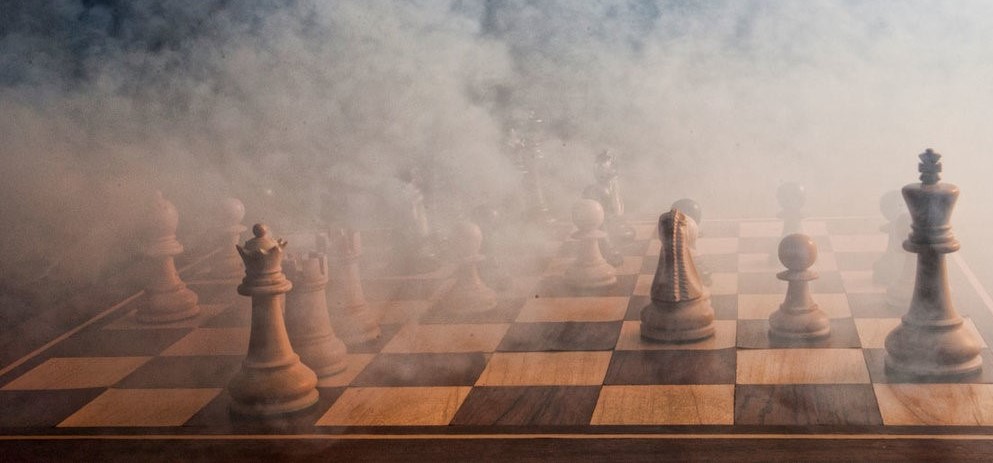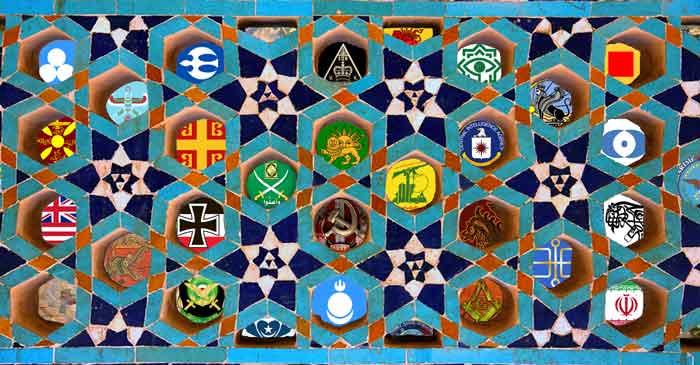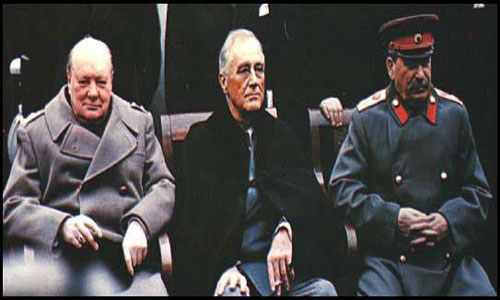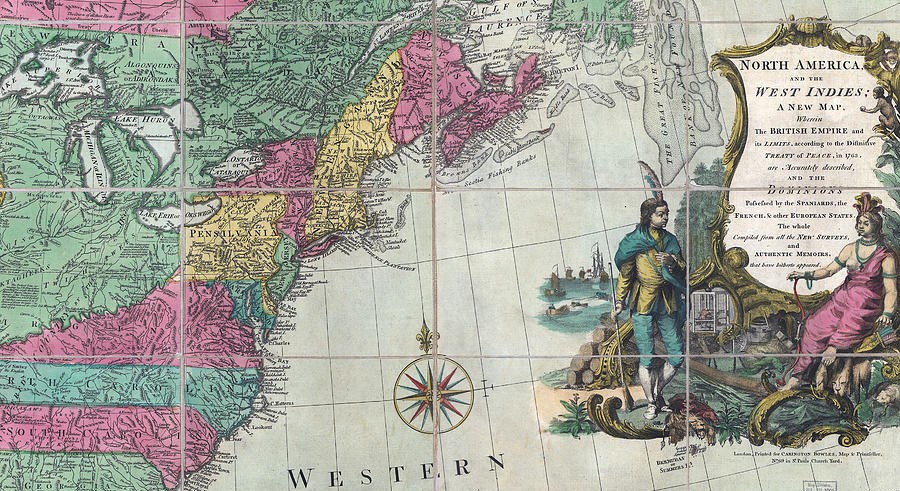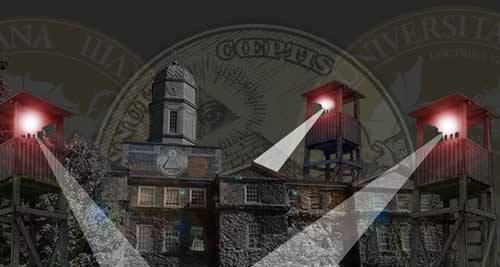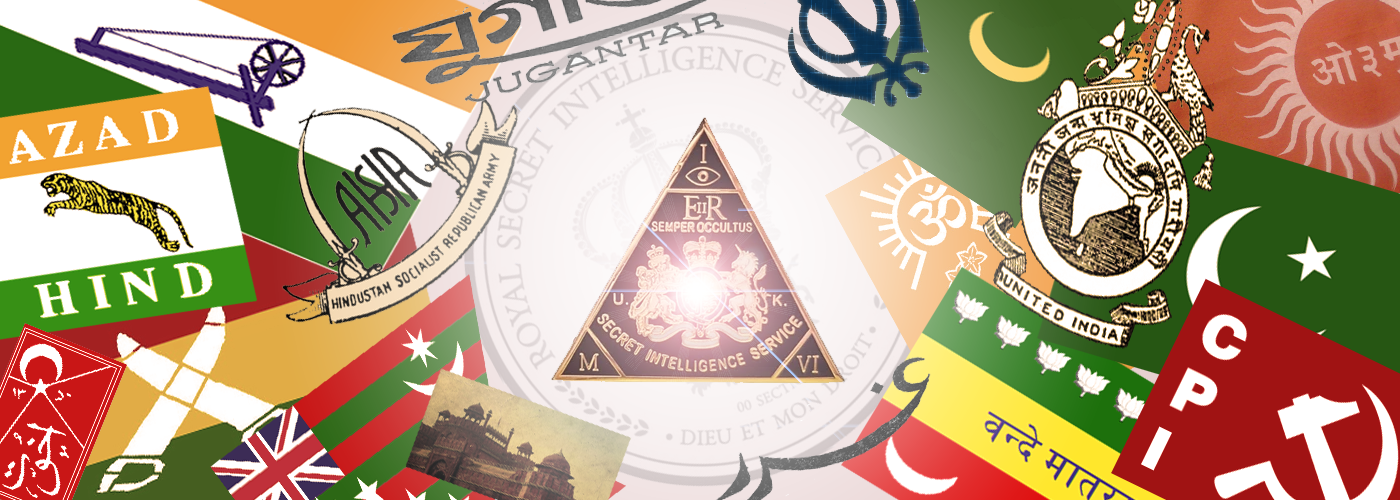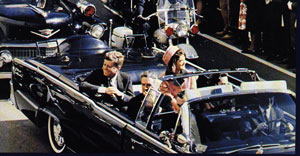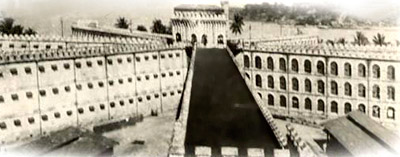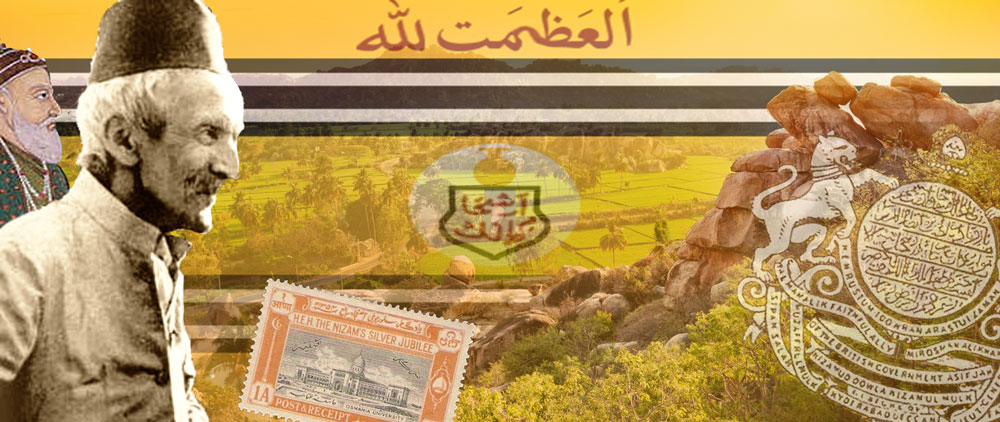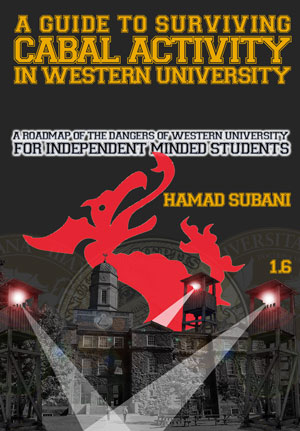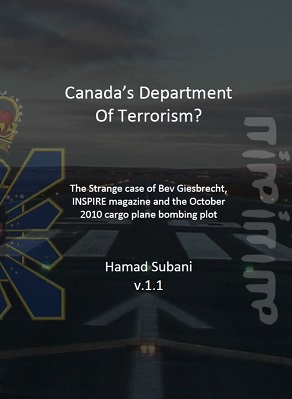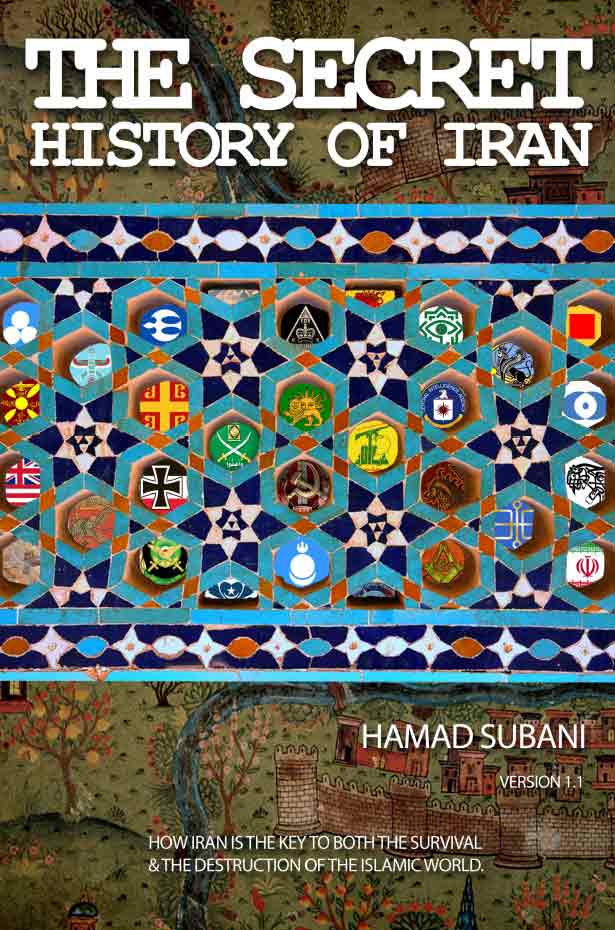
A (long) note on Fazl-e-Haq Khairabadi
Fazl-e-Haq Khairabadi was a Muslim scholar who conducted several private meetings with the Mughal emperor Bahadur Shah Zafar, which continued until May 1857. He then gave a Friday sermon in Delhi in which he gave a religious edict in favour of jihad against the British when the Rebellion of 1857 started. We are told that Khairabadi was punished with deportation to the Andamans, where he died in 1861. However, there is no way to corroborate this. For example, another religious leader from Allahabad, Maulvi Liaqat Ali, who incited participation in the Rebellion, was only arrested by accident many years later in 1871.[1]Liaqat Ali displayed a strange logic in having the rebels make their headquarters in a palace garden while the British continued to hold Allahabad fort throughout the 1857 Project. But a British socialite pleaded on his behalf to prevent his hanging! We are told he was deported to Andaman but in reality, he conveniently “dies” in Burma even before being deported.

Going back to Fazl-e-Haq Khairabadi. There was nothing doctrinally wrong with him calling for jihad against the British. However, most religious leaders of that time were pragmatic people. Consider the case of the grandson of Shah Waliullah. Shah Waliullah was a towering religious figure in the Subcontinent. While his grandson fully acknowledged the British threat, he believed that fighting the British was futile until Punjab was back under Mughal Delhi’s control, as he believed that far more sinister forces were at work in Punjab. The Phoenicians trapped him in an elaborate plot, and he ended up dying with four hundred of his followers at Balakot,[2]This victory at Balakot is very dear to Phoenicians. In 2019, they attempted to revive major wars between in India and Pakistan by a missile strike at Balakot fighting the Sikhs, along with a leading Islamic scholar of Rohilkhand.[3]While the British were backing the Sikhs at Balakot, the only powers giving token support to the grandson of Shah Waliullah were the Nizam of Hyderabad and the Nawab of Tonk. Recall that Shah Waliullah was involved in the destruction of the Maratha Peshwas at Panipat, blockading their only chance at becoming the rulers of India. The Phoenicians had never forgiven his family.
Now you would expect Fazl-e-Haq Khairabadi to atleast keep his silence if he did not support Shah Waliullah’s grandson. Instead, he published religious tomes (Taḥqīqulfatvá fī ibt̤āl al-t̤ug̲h̲vá and Taqriru Ihtirazat ala Taq Wiyatul Iman) refuting many positions of Shah Waliullah’s grandson!
When one looks at Fazl-e-Haq Khairabadi’s place of origin, Khairabad was a Shiite town in Awadh state, with not much to it but Shiite religious structures known as Imambaras. How could a Sunni scholar emerge from there? It is also intriguing that the last king of Awadh Wajid Ali Shah appointed Fazl-e-Haq Khairabadi to the highest position in his state, the office of the Sadr-as-Sudoor. This establishes a direct relationship between him and the Spooks running Awadh state.
It is also intriguing that the last king of Awadh Wajid Ali Shah appointed Fazl-e-Haq Khairabadi to the highest position in his state, the office of the Sadr-as-Sudoor. This establishes a direct relationship between him and the Spooks running Awadh state.
After he was supposedly deported to the Andamans, Fazl-e-Haq Khairabadi’s son even managed to obtain a “Release Order” for his father (which is unheard of) and the British comply because Fazl-e-Haq Khairabadi had supposedly assisted them in translating some Persian documents in the Andamans. His son travels to the Andamans to escort him home, but learns that he had “died” two days ago at the age of 64. This is a rather clever trick. If suppose we were told that Fazl-e-Haq Khairabadi was “freed” when he was actually never there, the Spooks would have the added responsibility of faking his arrival via ship to British India, as a lot of people would be expected to show up for the welcome party.
On the other hand, we have genuine Muslim clerics, like Ahmadullah Shah, who fought to the last, and ended up having his severed head presented to the British. Then we have the case of Alauddin Hyder, the imam of Mecca mosque in Hyderabad, who was tricked into inciting support for the Rebellion of 1857, and ended up being deported to the Andamans, despite his injuries. Unlike Fazl-e-Haq Khairabadi, his petitions for a release were never accepted despite his failing health and exceptionally good conduct, and he ended up dying on the island in 1889.
We are told that Fazl-e-Haq Khairabadi wrote two Arabic accounts of 1857 (Al-Surat-ul-Hindiya’ and ‘Al-fitnat-ul-Hindia) while in the Andamans, and these were smuggled out by Mufti Inayat Ahmed Kakori,[4]Hazrath Allama Fazlul Haq Khairabadi (R.A) – Life & Thoughts. (Port Blair: Sunni Jamiyathul Muallimeen, 2019) p.23 who was given an early release, and who passed these documents to the son of Fazl-e-Haq. We are told that they were supposedly published in 1947 because they were banned before that. Which makes no sense, given the fact that the British had already secured his release, which was prevented only by a “sudden death.” We are also told that a certain Abdus Shahid Khan Shirwani first translated them into Urdu and published them in 1947 as Baaghi Hindustan.
Or were they later authored? Another political prisoner of the Andamans (Jafar Thanesari) who was released would go on to publish his memoir in 1890 from Karachi without issue, because the British simply did not have the resources to monitor all Urdu language publications.
We are also told that Fazl-e-Haq Khairabadi’s companion in the Andamans, Mufti Inayat Ahmed Kakori authored Ilm Us Segha(English trans.) while on the island.[5]Hazrath Allama Fazlul Haq Khairabadi (R.A) – Life & Thoughts. (Port Blair: Sunni Jamiyathul Muallimeen, 2019) p.36 This is a complex treatise on the Arabic language. He is also said to have authored a biography of the Prophet while on the island. He is also the author of another religious book. He was released in just four years from arriving at the islands, and we are told that this was because he assisted the British with translating some Persian documents. Mufti Inayat Ahmed Kakori was from Kakori, which was right next to Barabanki, an old hub of Spookery. We are told he perished in a shipwreck in 1863, while setting out for Hajj. We are also told that Fazl-e-Haq Khairabadi’s other companion in the Andamans Mufti Mufti Mazhar Karim Khidwai Daryabadi, also authored a work (Marasvidul Itwilah) while on the island.[6]Hazrath Allama Fazlul Haq Khairabadi (R.A) – Life & Thoughts. (Port Blair: Sunni Jamiyathul Muallimeen, 2019) p.37. Little is known about him, except that he may have died in 1873, and that he was the grandfather of Abdul Majid Daryabadi, who is also from Barabanki. Prior to becoming a Muslim leader, Abdul Majid Daryabadi dabbled in atheism.
The works attributed to Kakori and Daryabadi are indeed legitimate and technically sound. But I doubt they could have ever been composed on those wretched islands. Or were Kakori and Daryabadi (like Khairabadi) ever on the island? It is possible that little known, anonymously written works, collected and archived by the British in their secret libraries, were later released with the names of these folks to give them some Islamic cred.
Fazl-e-Haq Khairabadi’s descendants are intriguing. For example,

- A grandson who was an Urdu poet, who spent his time in the Spookopolis’ of Indore, Bhopal and Gwalior. He actually died in Gwalior.
- A great grandson who was also an Urdu poet, and espoused atheistic Communism. Was born in the Spookopolis of Gwalior.
- A great-great-great-great grandson who is an American television director and Emmy-nominated editor.
- A great-great great grandson Javed Akhtar who became an MP in India and is currently a Bollywood screenwriter. Here is what Wikipedia has to say:
Akhtar notably campaigned for the Communist Party of India (CPI) and their candidate in the 2019 Indian general election, and was a member of parliament in Rajya Sabha. For his work, he received the Richard Dawkins Award in 2020.
He identifies as an atheist and raised his kids as atheists. He earned his breakthrough as a screenwriter with 1973’s Zanjeer. Here is what the film was about:
The film started a new wave in Bollywood. At a time when India was suffering from corruption and low economic growth, and the common man was left with frustration and anger over the system, Zanjeer began shifting Hindi cinema in a violent and aggressive direction.

Javed Akhtar was married to a “Hindu” woman named Honey Irani, who happens to have an older sister named Menaka (The Phoenician settlement of Manika?) His new wife Shabana Azmi has the dubious honour of starring in one of the first Indian lesbian movies.
In other words, this is a strange set of characters to find in among the descendants of a Muslim cleric associated with jihad.

CONTENTS
- The Secret History of British India’s “Freedom Movements.”
- An Introduction to the “1857 Project”
- The 1857 Project as a Spook Playbook for later Ops in the Subcontinent
- Phoenician Spookopolis’ Across the Subcontinent
- A (long) note on Fazl-e-Haq Khairabadi
- The Strange Fate of Jhansi State
- Later “Freedom Movements” that follow the 1857 Rebellion Playbook
- How the Blueprint Unfolded Part I – The Bengal Front
- How the Blueprint Unfolded Part II -The Ghadr Party and the Punjab Front
- How the Blueprint Unfolded Part III -The Communalists
- How the Blueprint Unfolded Part IV – The Non-Cooperationists
- Conclusion; Revisiting the “Original Blueprint” + Epilogue: Reactivation!
| ↑1 | Liaqat Ali displayed a strange logic in having the rebels make their headquarters in a palace garden while the British continued to hold Allahabad fort throughout the 1857 Project. |
|---|---|
| ↑2 | This victory at Balakot is very dear to Phoenicians. In 2019, they attempted to revive major wars between in India and Pakistan by a missile strike at Balakot |
| ↑3 | While the British were backing the Sikhs at Balakot, the only powers giving token support to the grandson of Shah Waliullah were the Nizam of Hyderabad and the Nawab of Tonk. |
| ↑4 | Hazrath Allama Fazlul Haq Khairabadi (R.A) – Life & Thoughts. (Port Blair: Sunni Jamiyathul Muallimeen, 2019) p.23 |
| ↑5 | Hazrath Allama Fazlul Haq Khairabadi (R.A) – Life & Thoughts. (Port Blair: Sunni Jamiyathul Muallimeen, 2019) p.36 |
| ↑6 | Hazrath Allama Fazlul Haq Khairabadi (R.A) – Life & Thoughts. (Port Blair: Sunni Jamiyathul Muallimeen, 2019) p.37 |


